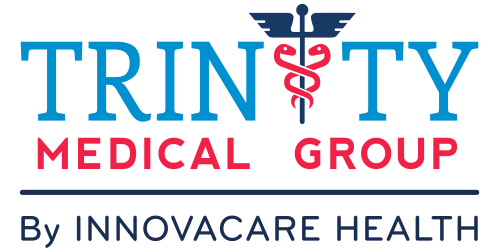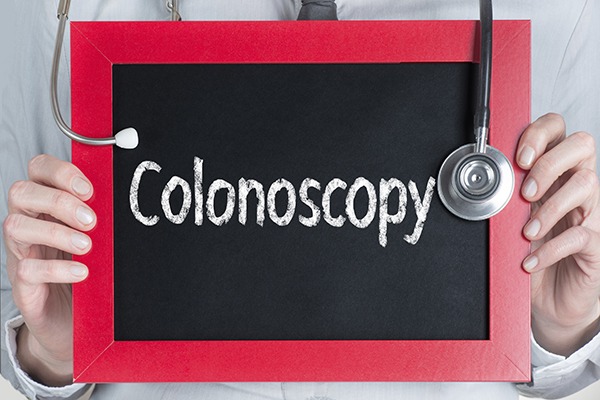Though colonoscopies may not be the most pleasant of medical procedures, they are certainly one of the most important. When caught early, colon cancer is highly curable; when caught too late, however, colon cancer can be fatal.
What is a Colonoscopy?
A colonoscopy is a routine medical procedure with little-to-no risk that screens for colon cancer. It is the only way to detect cancer in its early stages.
Why are Colonoscopies Important?
When performed in conjunction with other tests (stool DNA tests, CT colonographies, and flexible sigmoidoscopies), colonoscopies are the key to catching cancer early on. In fact, nine out of 10 people whose colon cancer is found early will still be alive five years after the cancer is found. What’s more, many of these same people will live the same life span as a normal, healthy adult.
What is Involved in the Procedure?
Prior to the procedure, our physician will explain the process to you, including what you’re allowed to eat and drink before the procedure occurs. On the day of the colonoscopy, you will most likely be given a sedative to help you relax or put you to sleep. Then, your doctor will insert a small colonoscope into your colon through your rectum. The colonoscope will perform a full assessment of your colon, checking for tumors and polyps. The exam usually takes about 30 minutes. While some people report discomfort, most do not report any pain.
What is the Recommended Timing/Frequency?
The American Cancer Society recommends that men and women undergo a colonoscopy exam at least once every 10 years beginning at the age of 50, if in good general health. For people who are high-risk or have a history of cancer in the family, the earlier and the more frequently that you begin colonoscopy screenings, the better.
Schedule Your Colonoscopy Today
Our primary care doctors can provide you with more information about the importance of a colonoscopy, and why you need to get screened for colon cancer routinely. If you’re over the age of 50 and haven’t thought about undergoing a colonoscopy, schedule an appointment or call us at 863-646-4000 to speak with one of our physicians. It may save your life.

 Call Lakeland
Call Lakeland
